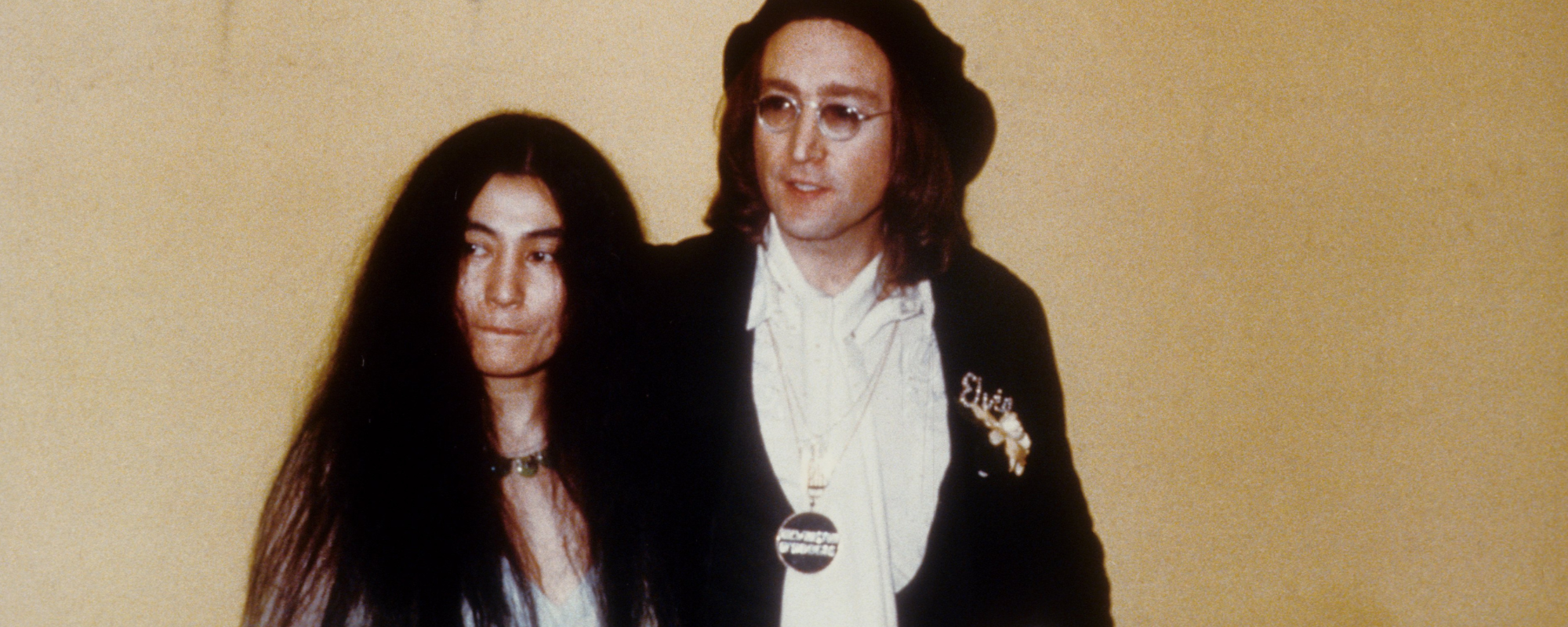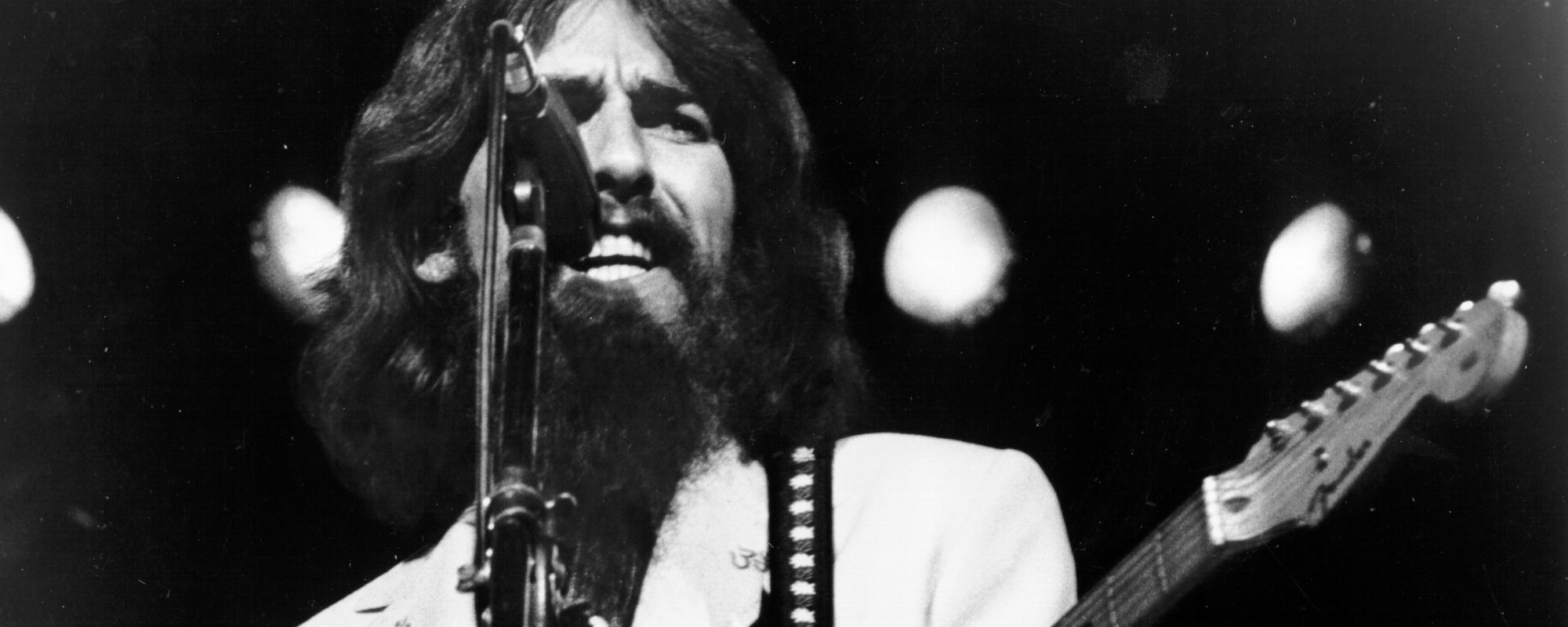The 2019 film Yesterday explores the idea of a world where the Beatles never existed, but if the British Parliament hadn’t made one fateful decision 59 years before this movie came out, Paul McCartney believes the film wouldn’t have been so far off from the truth. Without this national decree set into motion in 1960, Macca argues, there would have been no Fab Four.
Videos by American Songwriter
The Parliament’s decision not only afforded Paul McCartney, John Lennon, George Harrison, and Ringo Starr the opportunity to make music freely before and during their reign as the Beatles. But the landmark ruling also fostered a national—even global—attitude that increased the public’s reception of the suit-clad lads from Liverpool.
Paul McCartney Said Without This Moment, The Beatles Wouldn’t Exist
In a July 2004 interview with Uncut, Paul McCartney reflected on his “Dickensian” childhood in a working-class family in Liverpool. He recalled this time in his life from 1942 to the early 1960s as “very black and white.” That would all change, of course, in 1960, when the U.K. Parliament officially ended the National Service—the British version of the U.S. draft. This end to compulsory military participation changed everything for the future Fab Four.
“Without that, there could have been no Beatles,” McCartney explained. “To me, that was like God opening the Red Sea for Moses and the Israelites to come pouring through. It was like God decreed there would be no National Service. Well, that was extremely handy. Nice one, mate. That certainly changes things. It meant that we were the first generation for so many years that didn’t have that we’ll-make-a-man-of-you threat hanging over them.”
The end of National Service meant that John Lennon, Paul McCartney, and George Harrison could continue playing skiffle music in local clubs instead of enlisting in the military. They would eventually link up with Ringo Starr to create the iconic Fab Four lineup, and the rest, as they say, is history.
The World Had Already Witnessed A Superstar Turned Sergeant
Coming off the heels of two World Wars, compulsory military enlistment was nothing new for men across the world. As Elvis Presley showed in the spring of 1958, not even immense fame and celebrity could help you avoid the call of duty from your country. For Paul McCartney and the other young musicians who would later become the Beatles, witnessing Elvis go into the service was a major life event.
“We watched all that happen to Elvis,” McCartney recalled to Uncut. “Because, you know, the army had kind of ruined Elvis. He’d been this ultimate rebel figure who we’d all worshipped. Then they made him cut his hair, and he had to call everyone ‘sir,’ and he was never really the same again. You can imagine that going into the army would have done it for us, too. Before we knew what was happening, we were like errant schoolkids off the leash.” Indeed, so was much of the U.K. population following the end of the National Service, which helped foster a cultural mindset that allowed the Quarrymen, then the Beatles, to really thrive.
“We were a strangely different kind of animal that mutated in England somewhere after the Second World War,” the ex-Beatle mused. “There’d never been this four-headed monster, this cultural phenomenon. See, we’ve never properly taken credit for it. We’ve always taken the line that what happened in the ‘60s was about an astonishing movement that came in the wake of the Second World War, the end of all that repressive Victorian thought, and it all came together at a certain time.”
“We just happened to become leaders of whatever cosmic thing was going on. We came to symbolize the start of a whole new way of thinking.”
Photo by Fiona Adams/Redferns











Leave a Reply
Only members can comment. Become a member. Already a member? Log in.